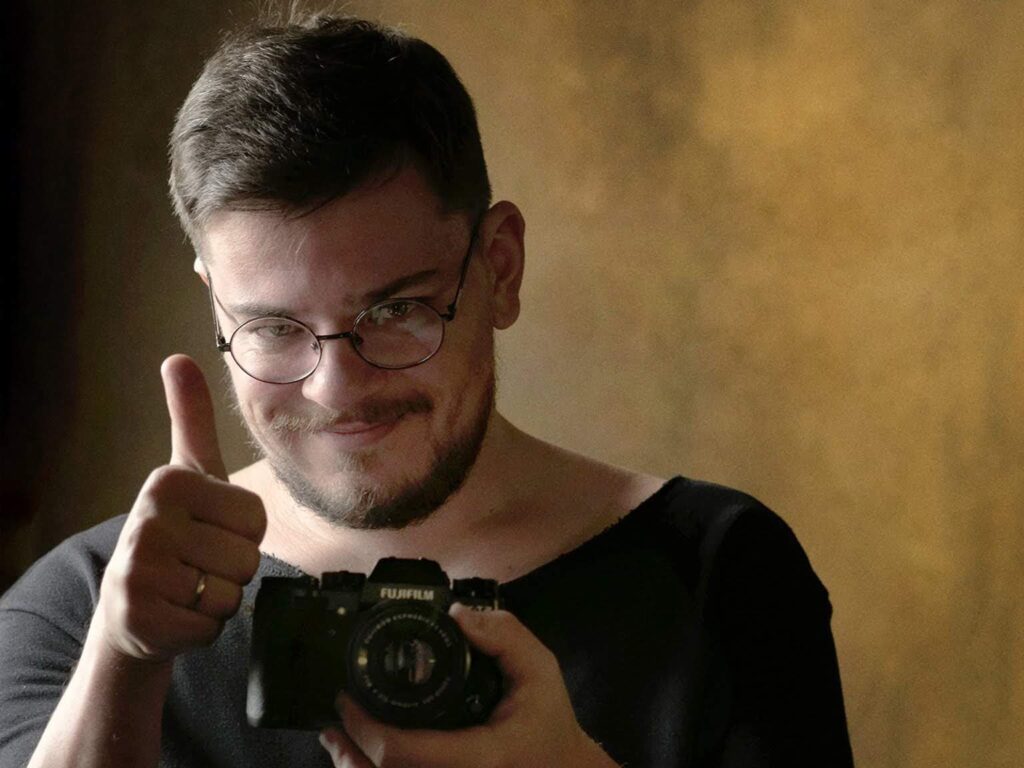Start a Paid Food Photography Career
and Make It Delicious
Learn the real-world skills clients actually want, build a stunning portfolio, and start landing freelance gigs for restaurants, blogs, books, and social media. You don’t need experience - just your eye and your hustle
ESTIMATED TIME
4 Months
2-5 hrs/week
Start date
as you enroll
ALL YOU NEED
with lens
Start your dream job with a clear plan
Shoot. Learn. Get paid. That’s it.
How It Works: The 3-Step Path to Becoming a Paid Food Photographer
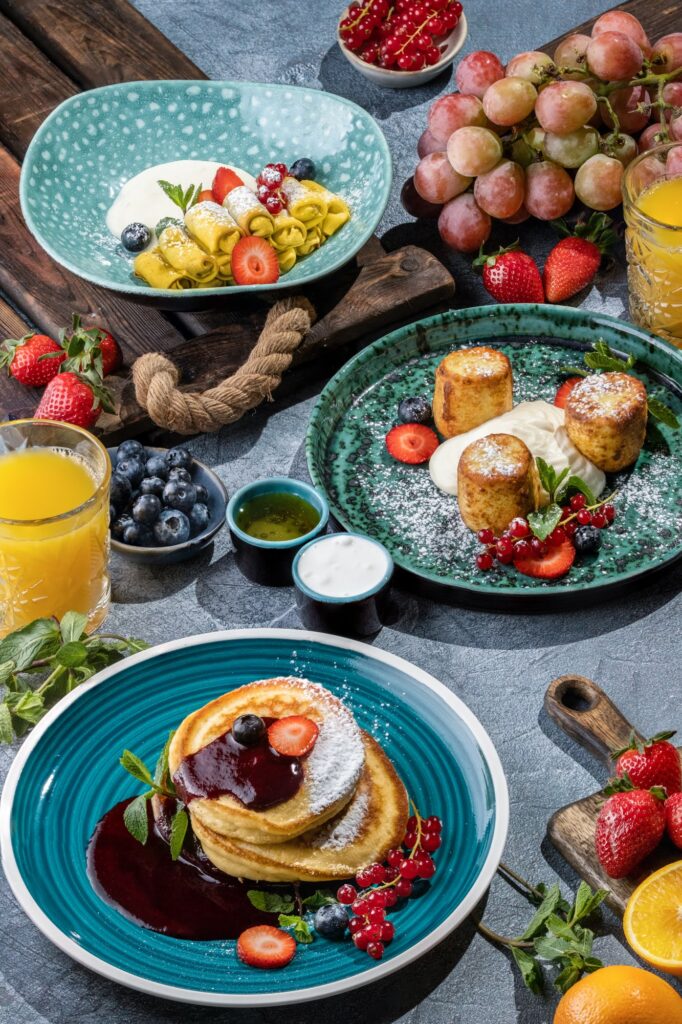
1. Master the Craft
We build your foundation from scratch - you’ll learn how to shoot scroll-stopping food photos, even if you’ve never picked up a camera before.
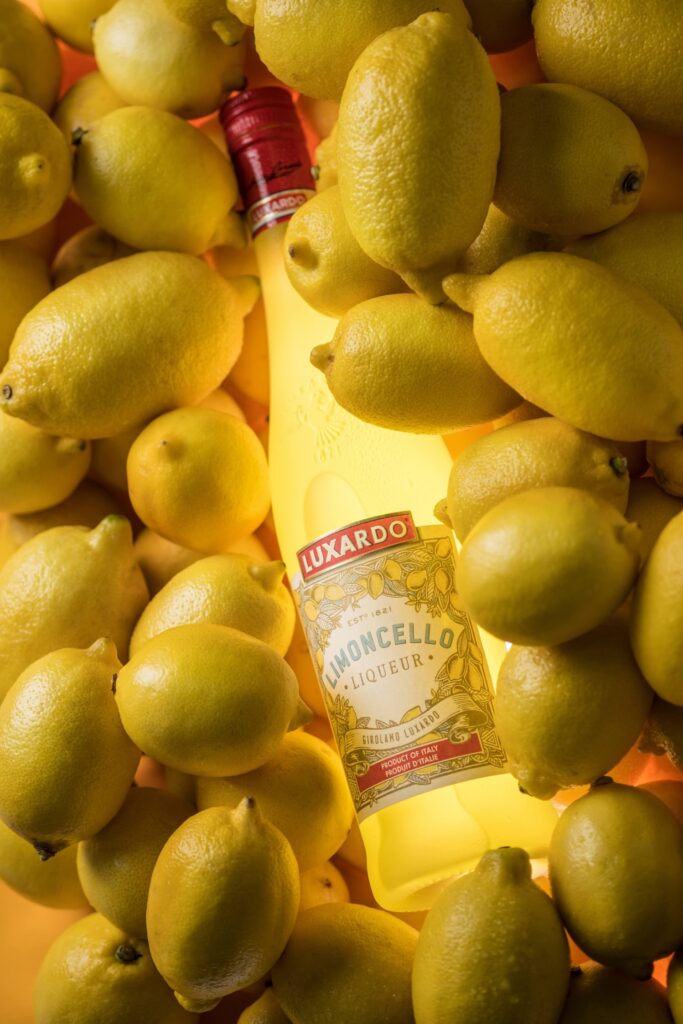
2. Build a Portfolio That Sells
We guide you through creating a powerful, client-ready portfolio that shows off your style and makes people want to hire you.
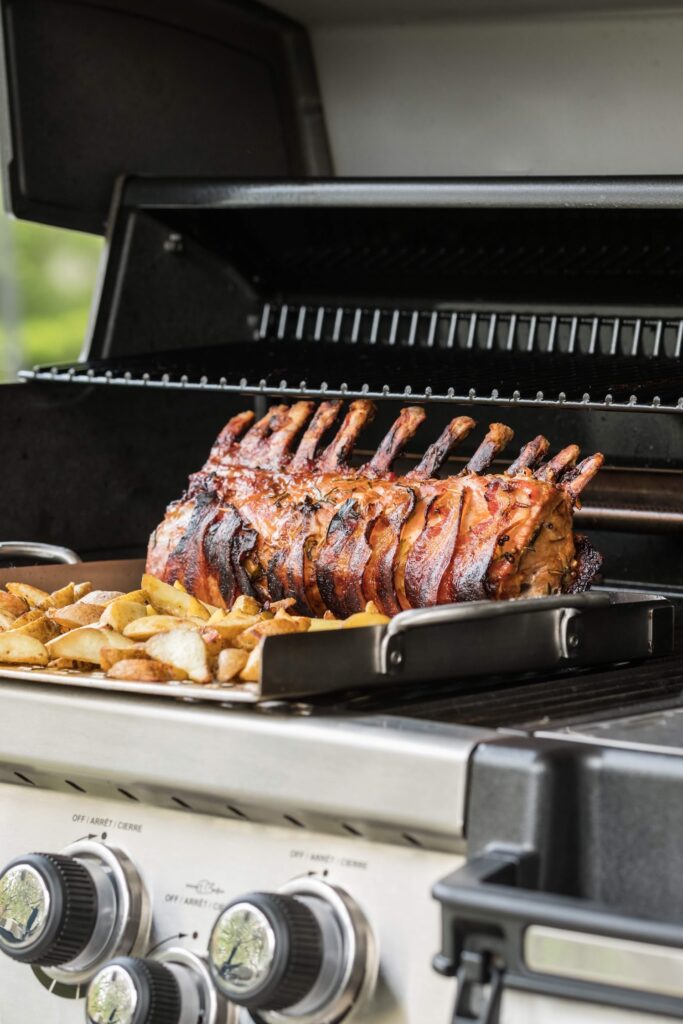
3. Work With High-Paying Clients
You’ll learn how to price, pitch, and deliver work for serious clients - restaurants, brands, and media who are ready to pay for quality.
Our proven system takes you from your first photo to your first client
in under 4 month
You’ll learn styling, lighting, editing, pricing, and pitching — with zero fluff and full support
Real Student Results
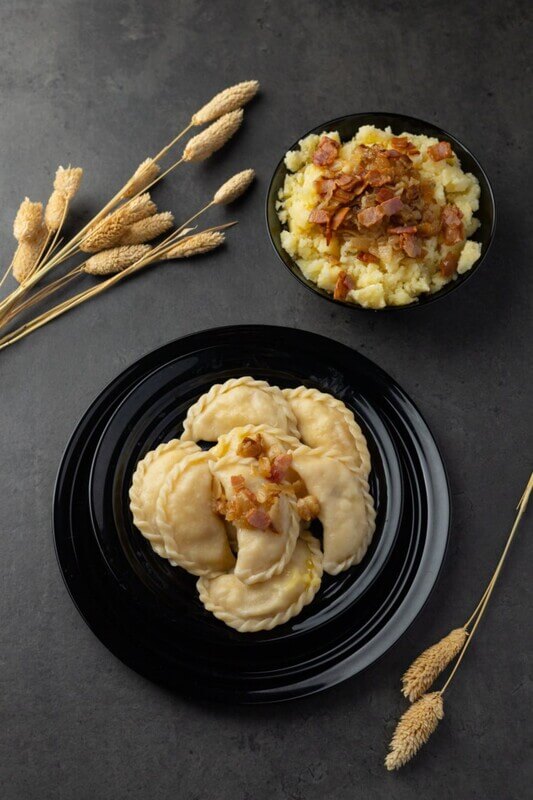
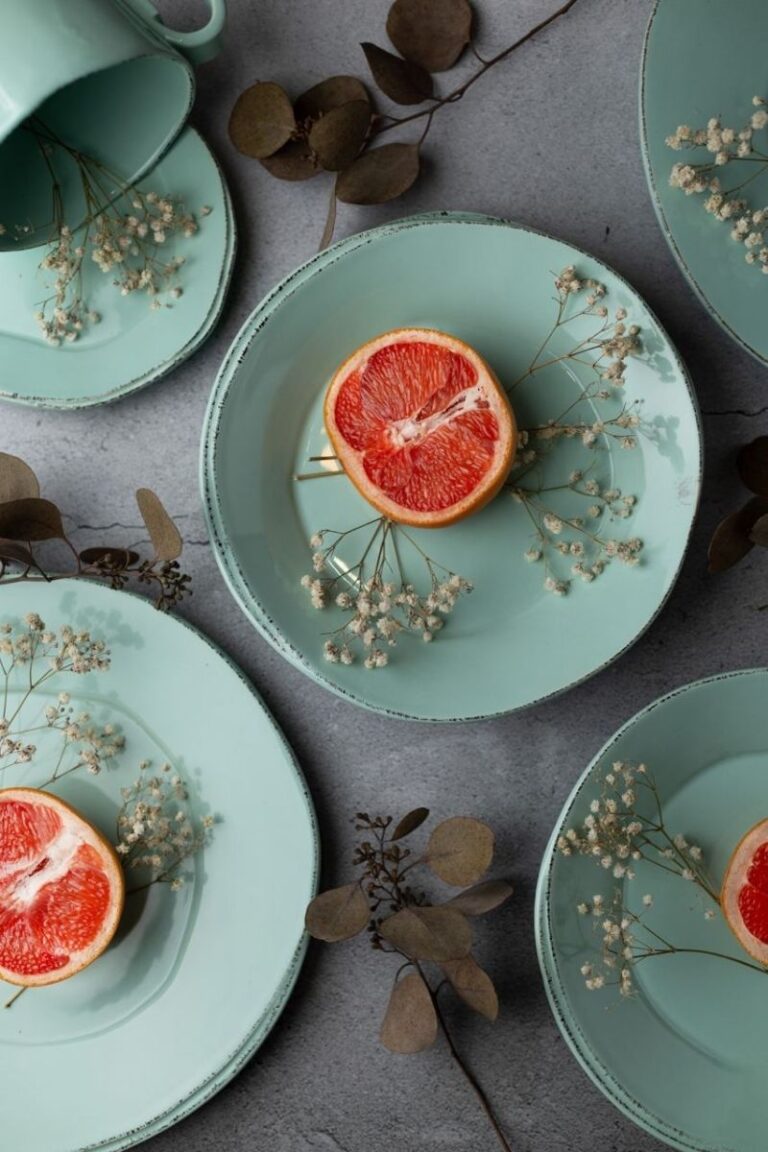
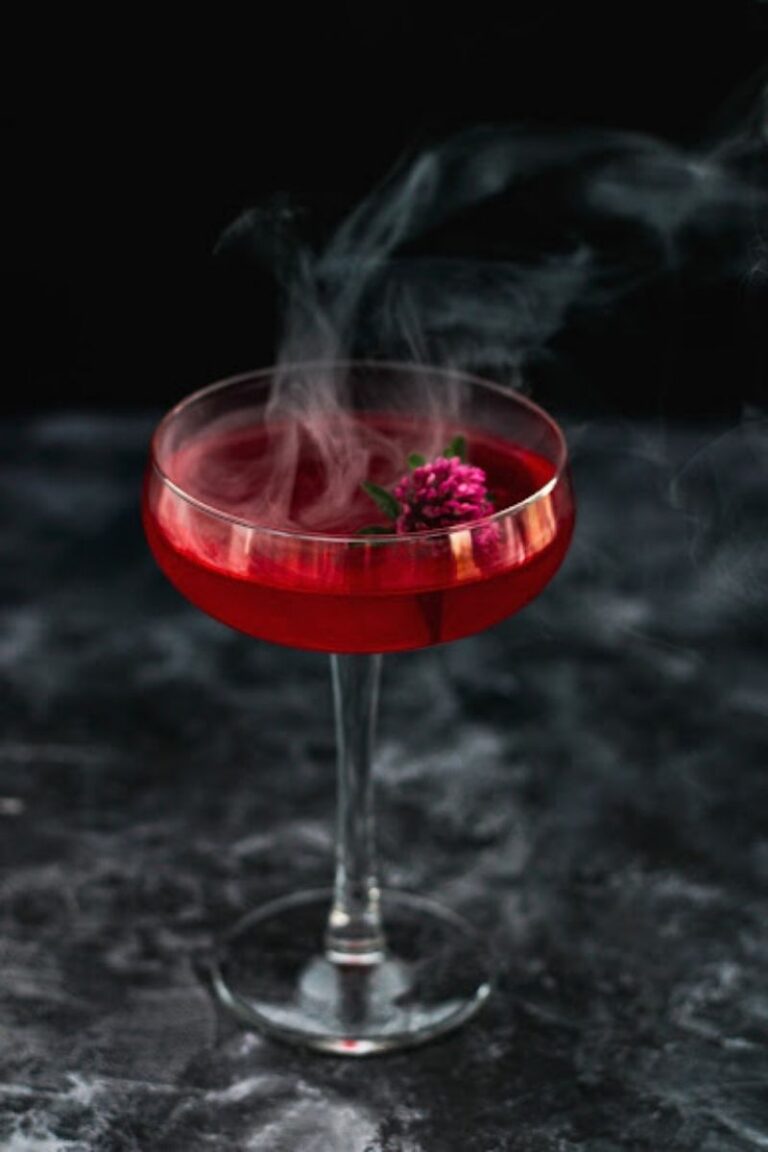
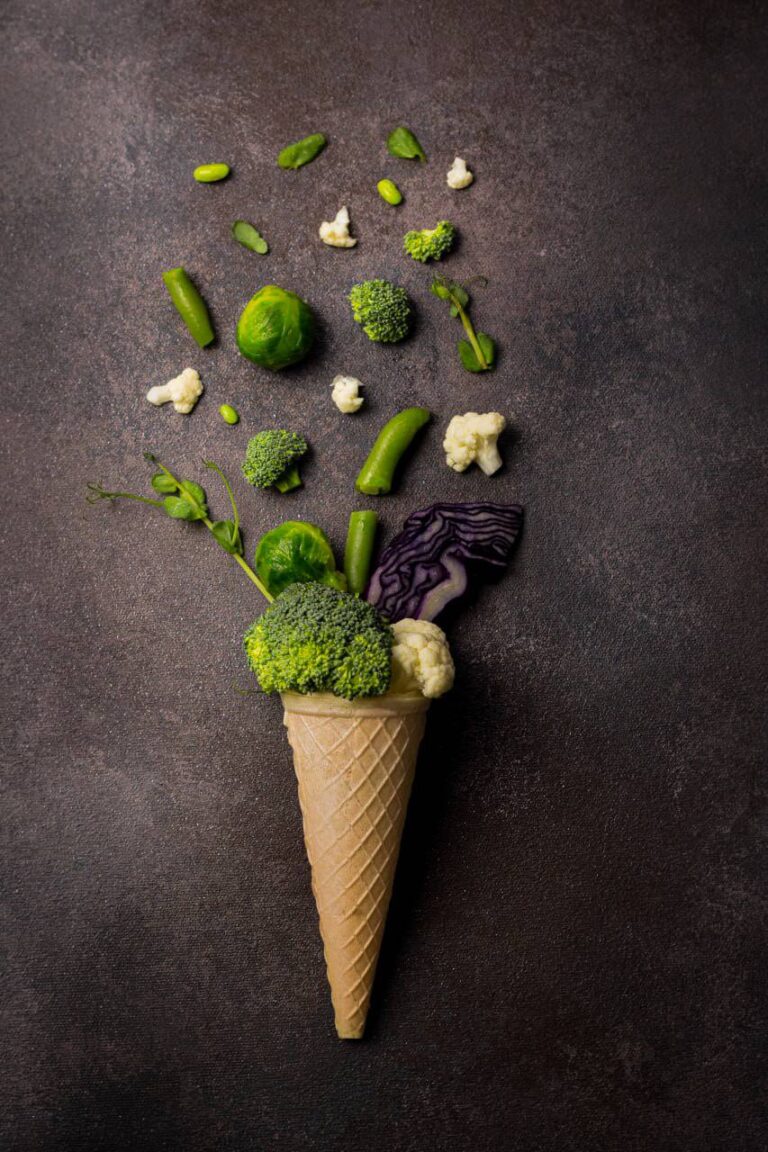
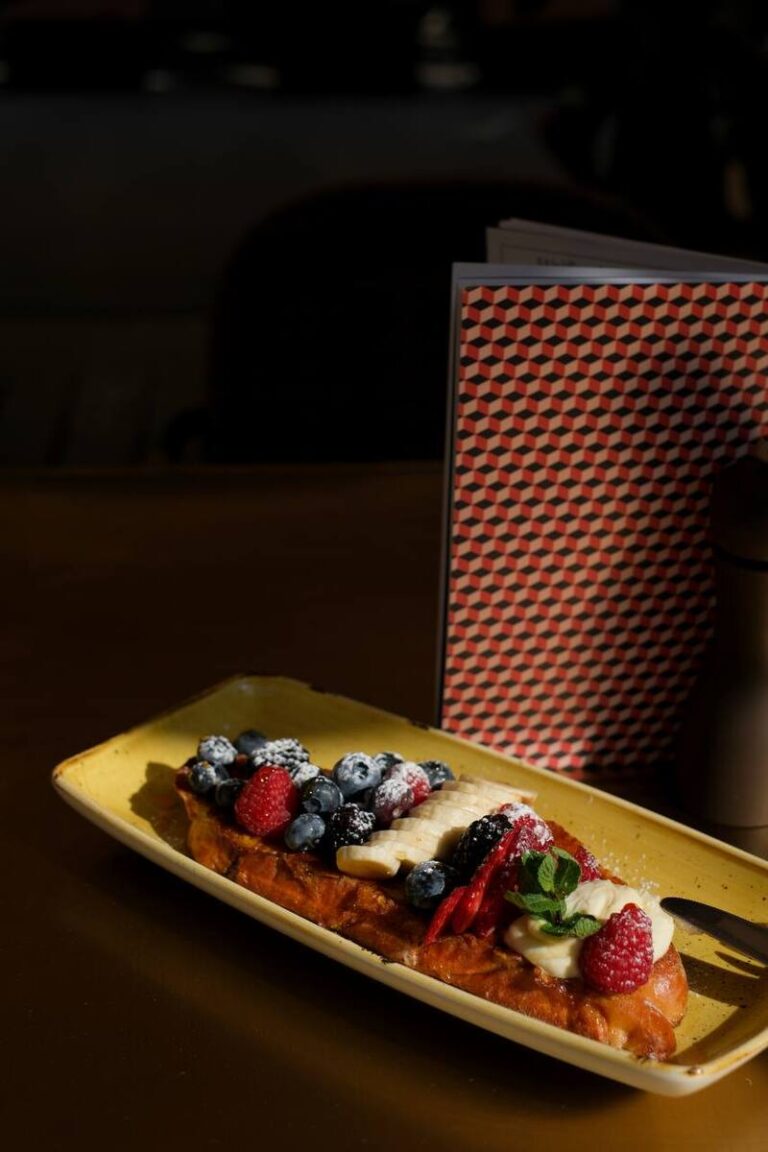
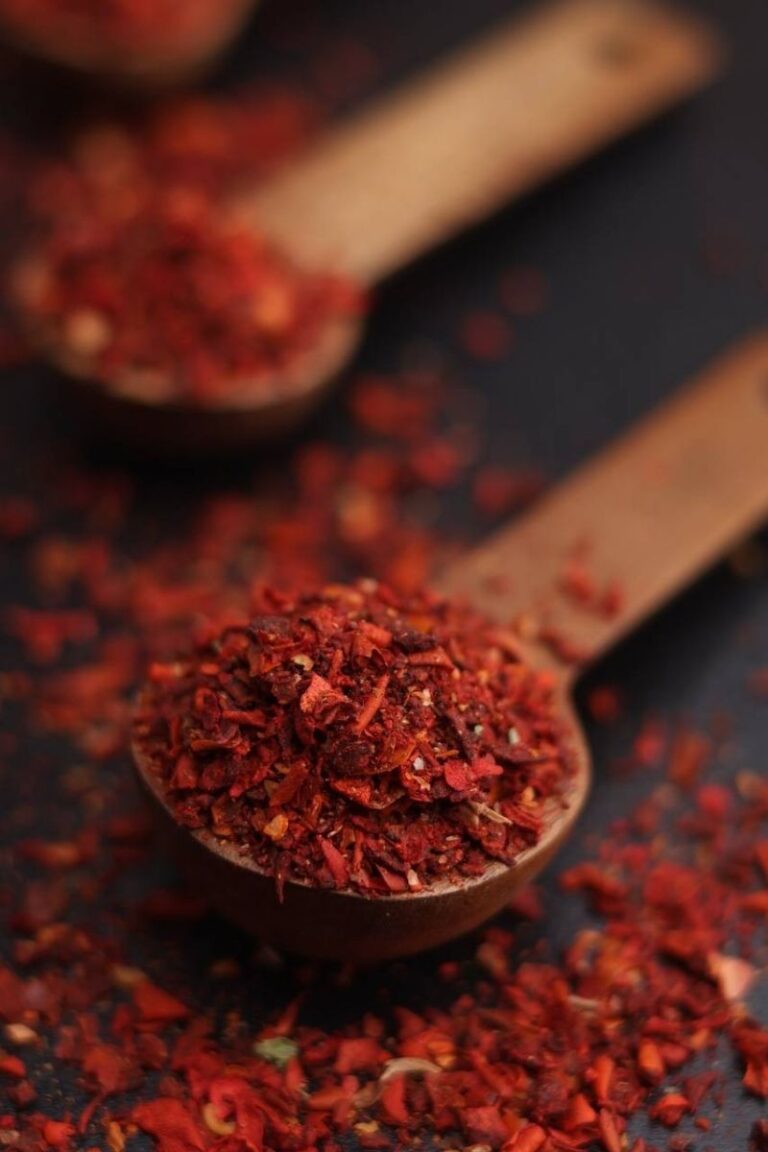
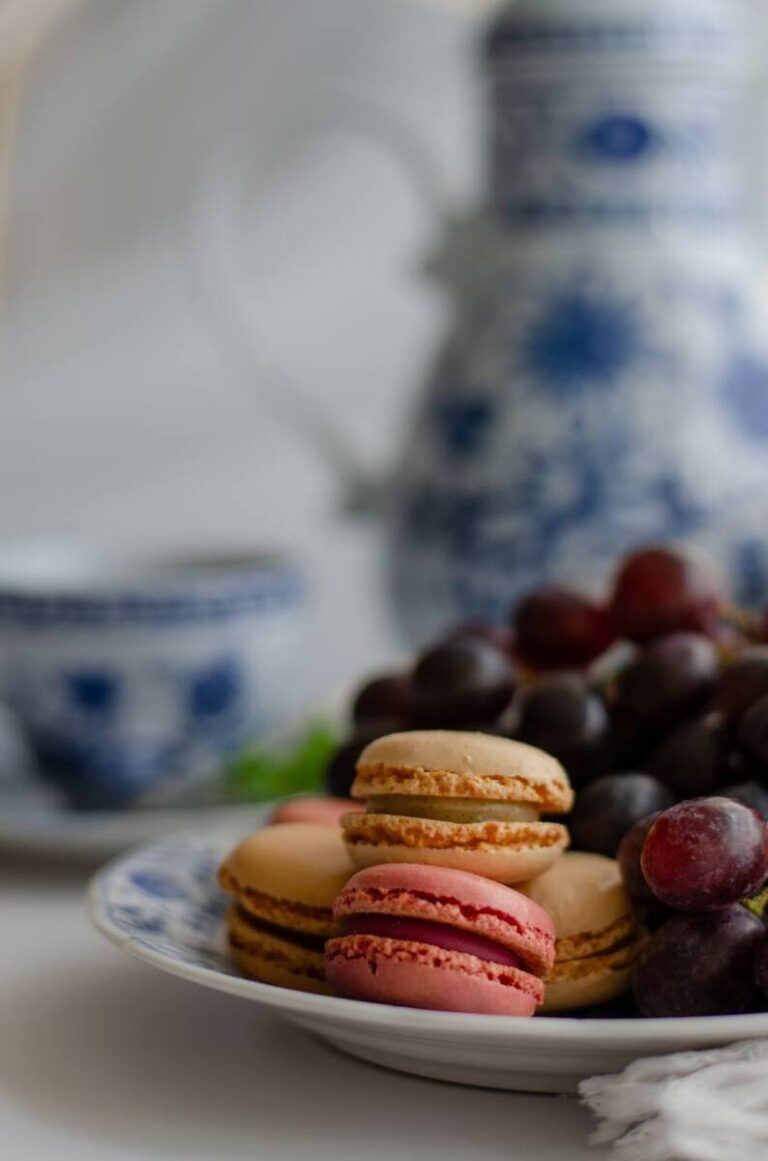
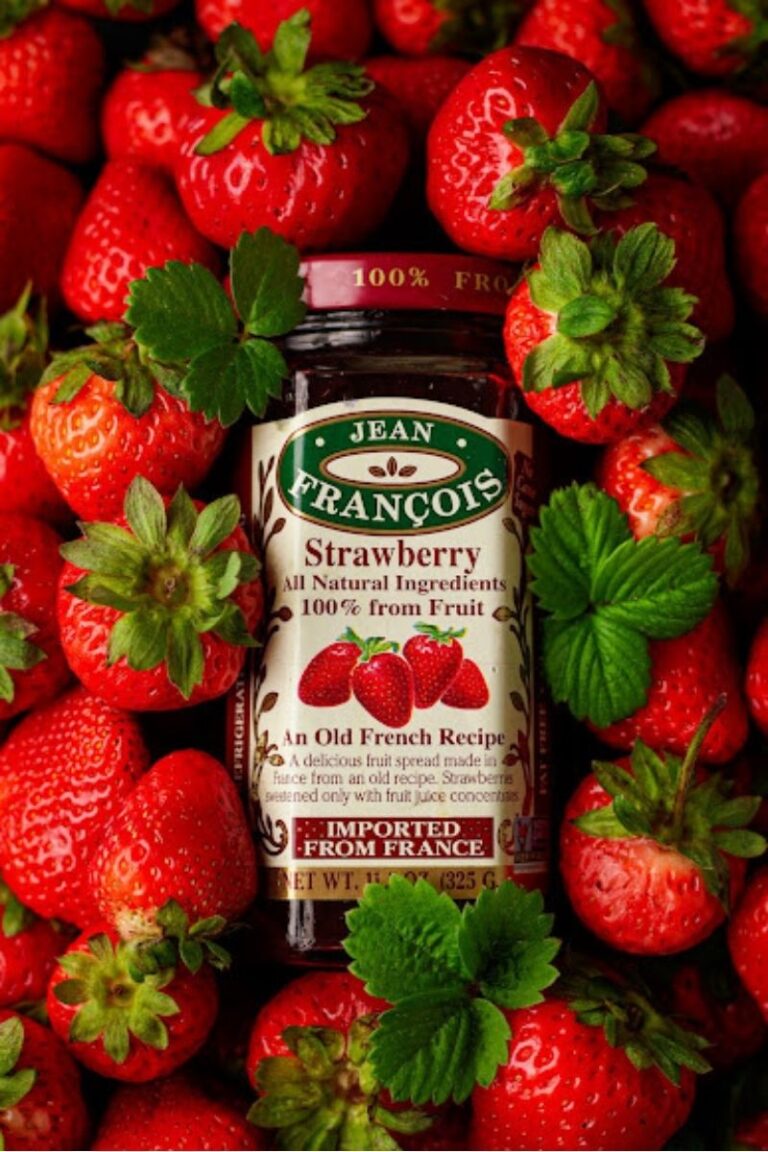
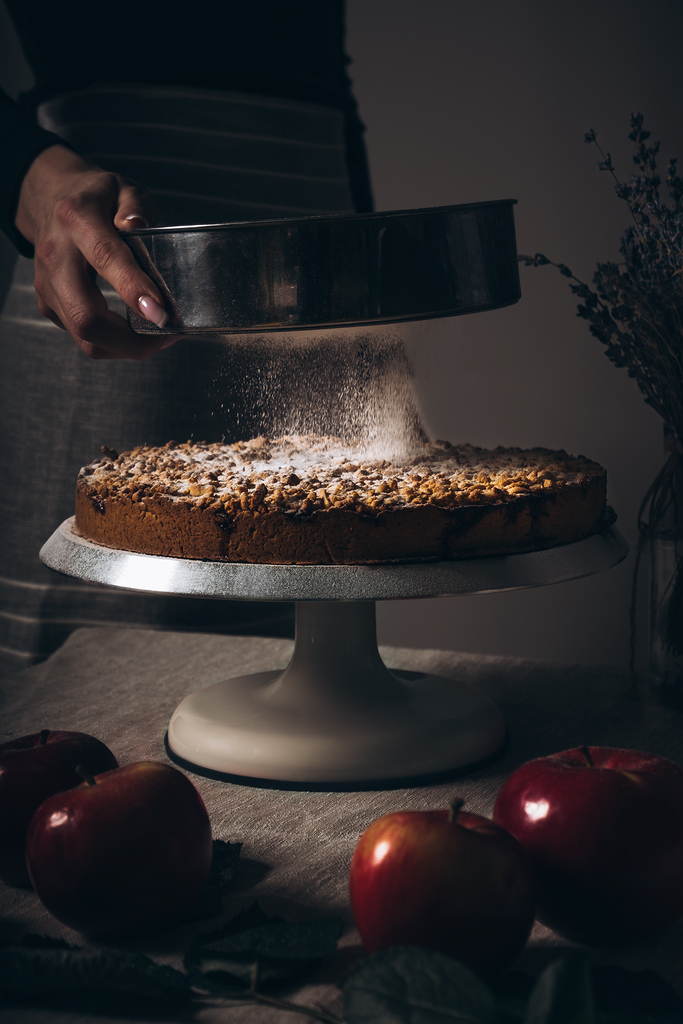
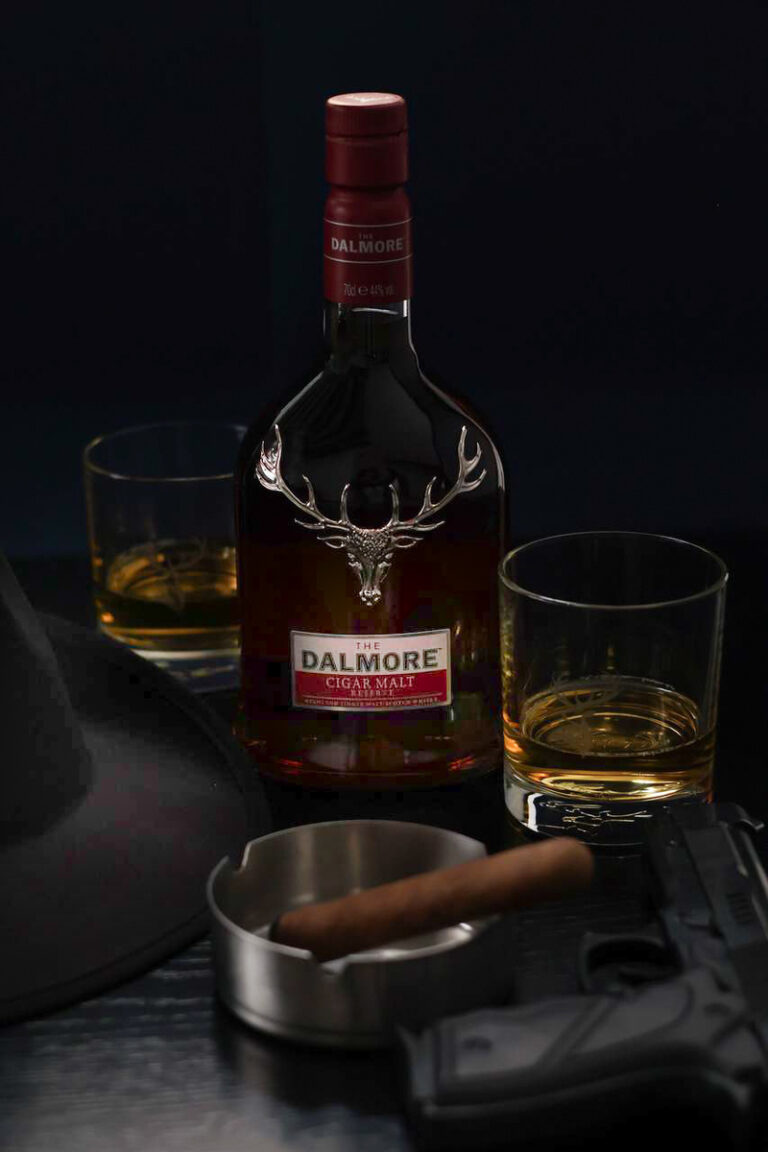
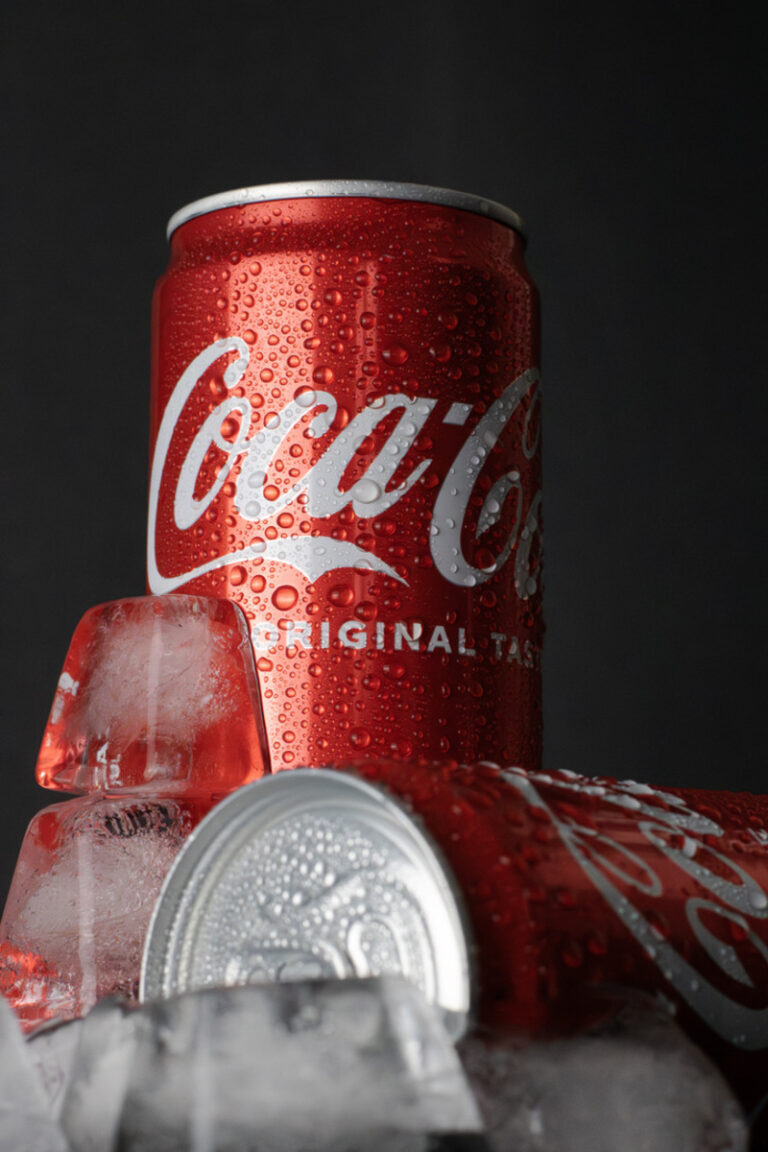
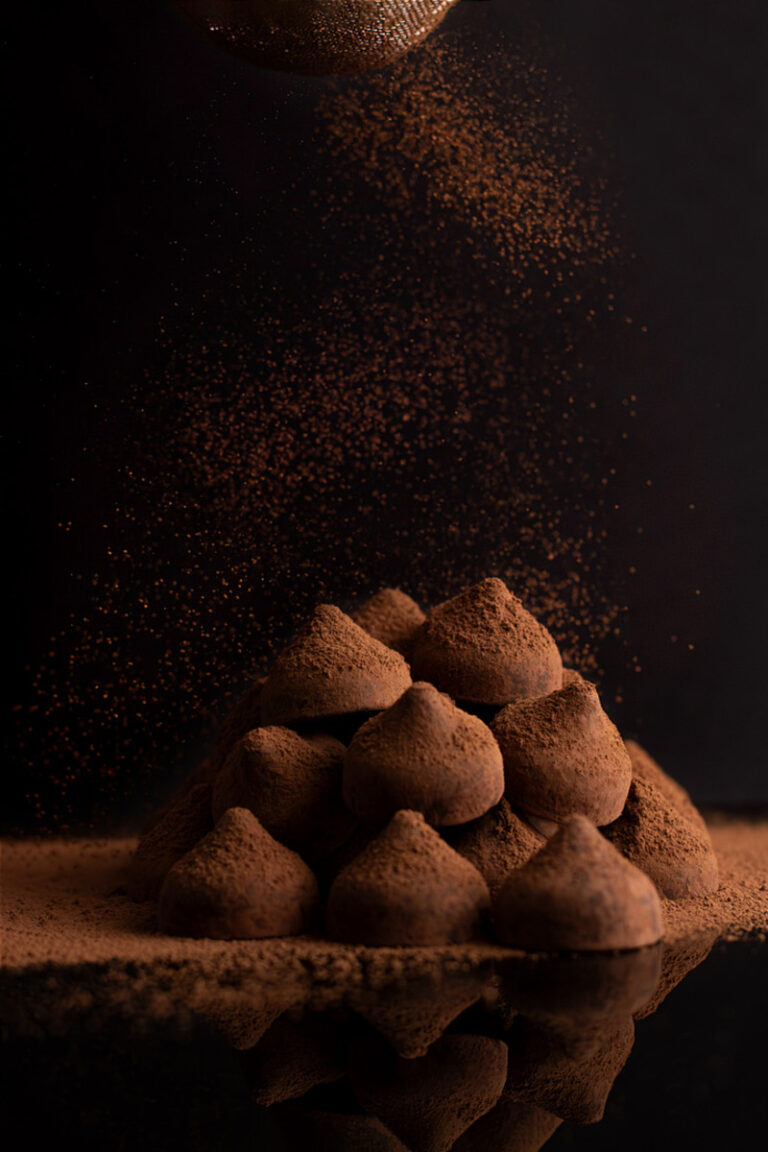
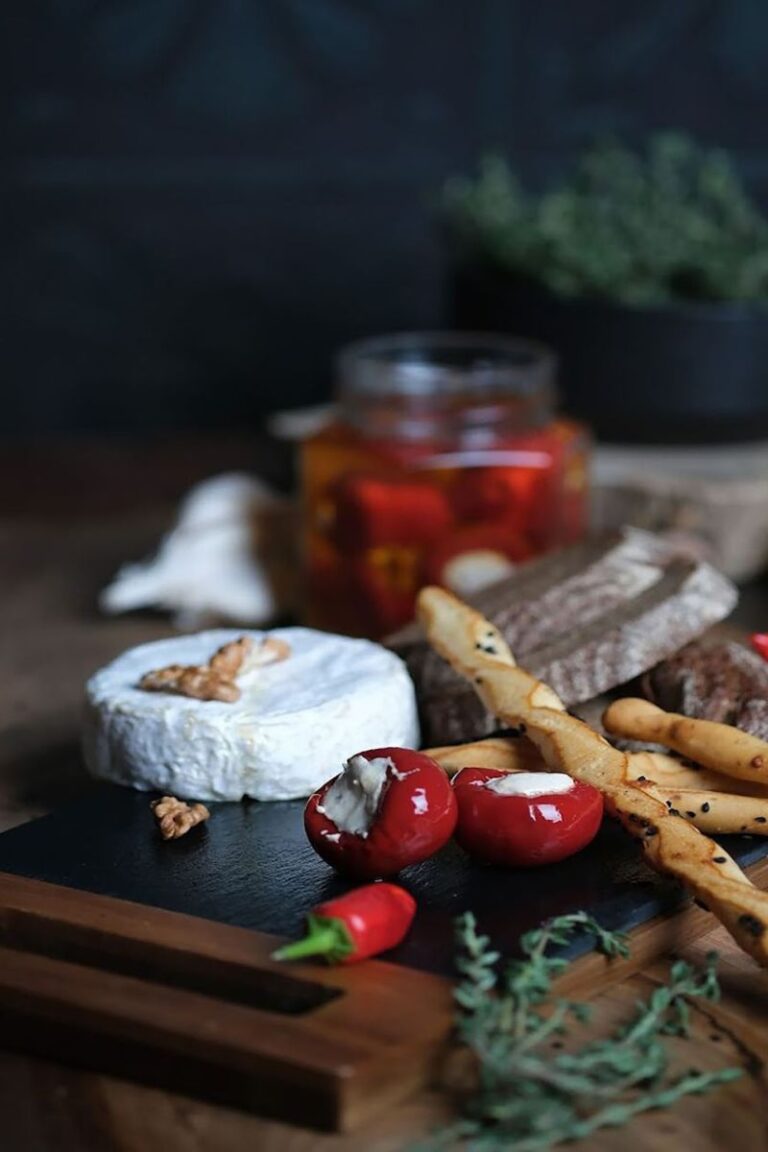

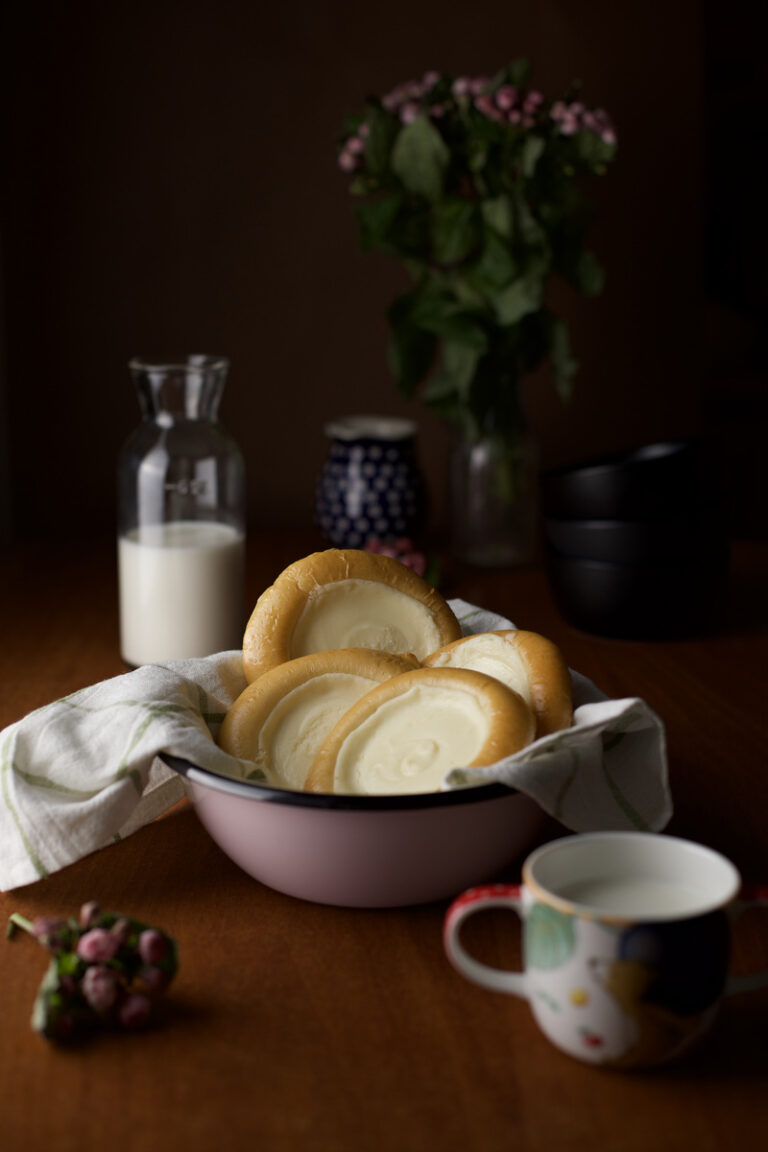

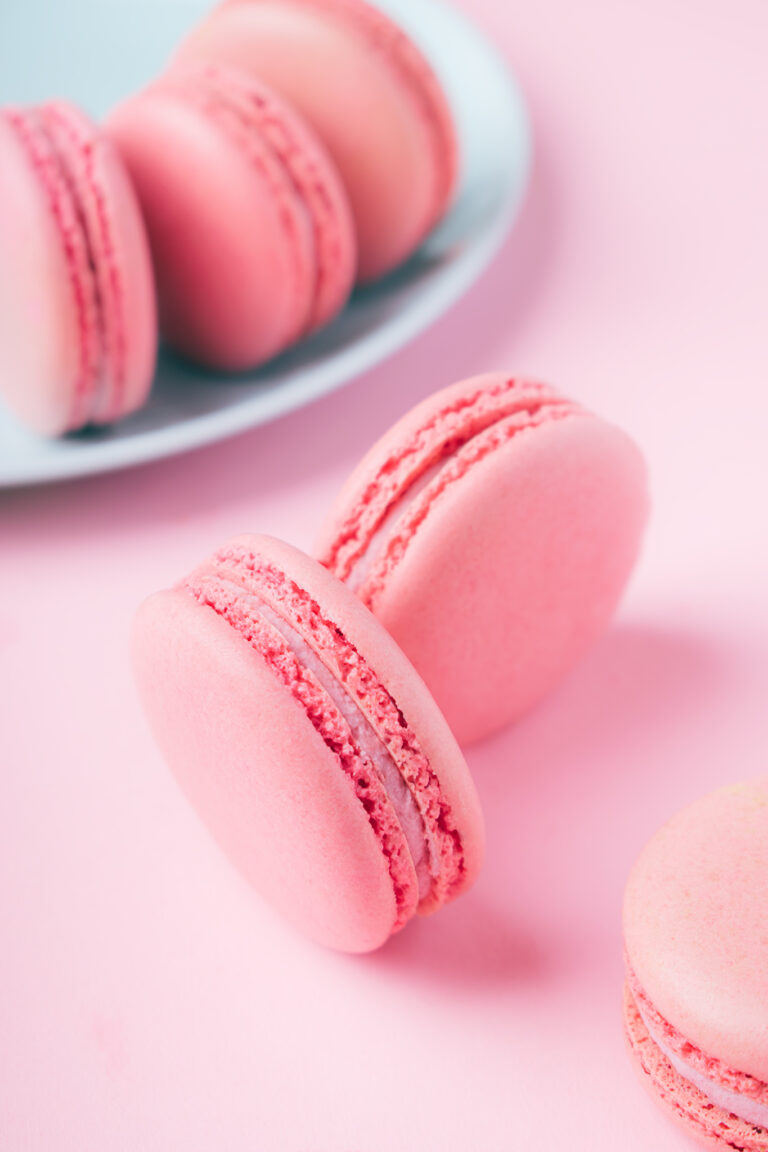
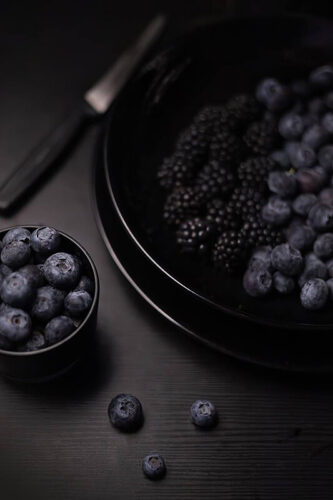
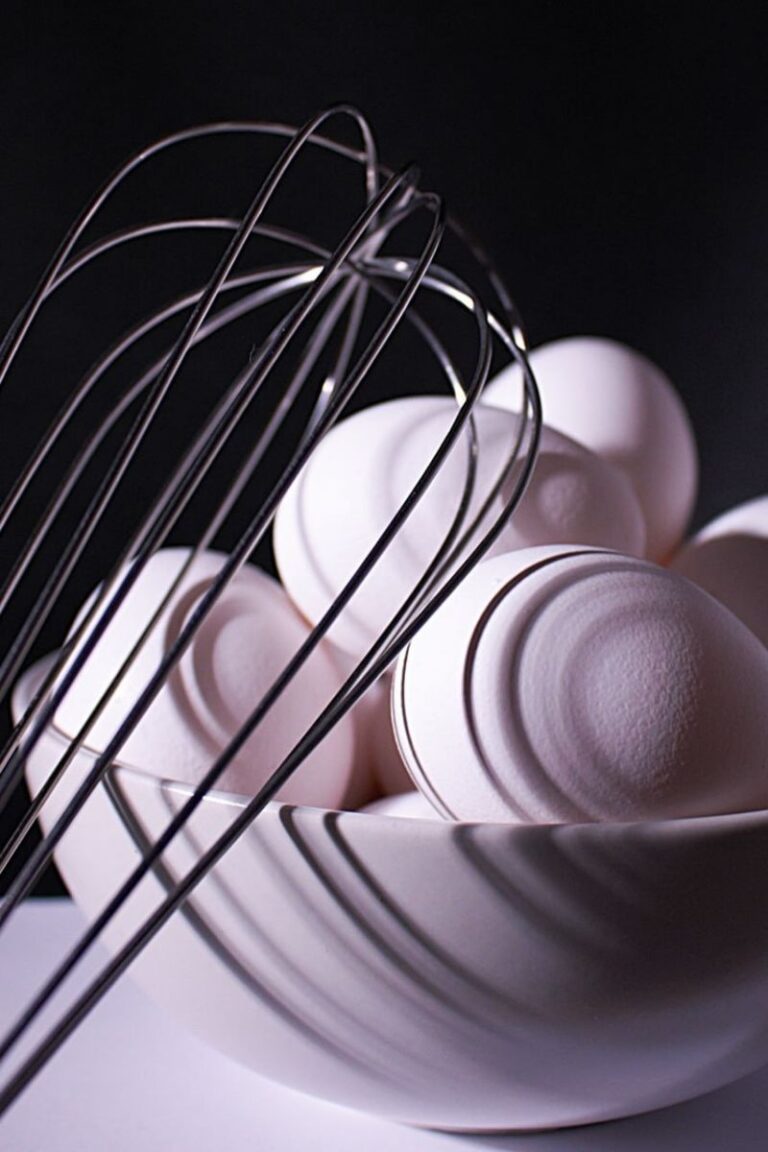
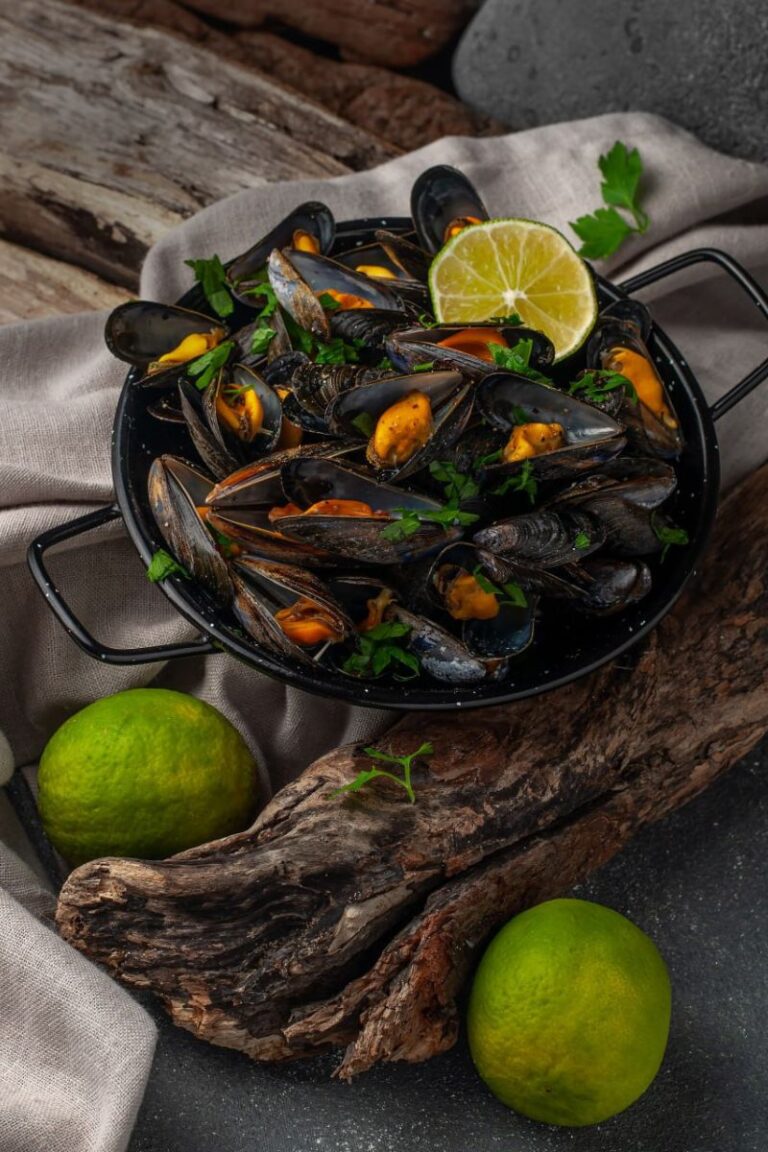
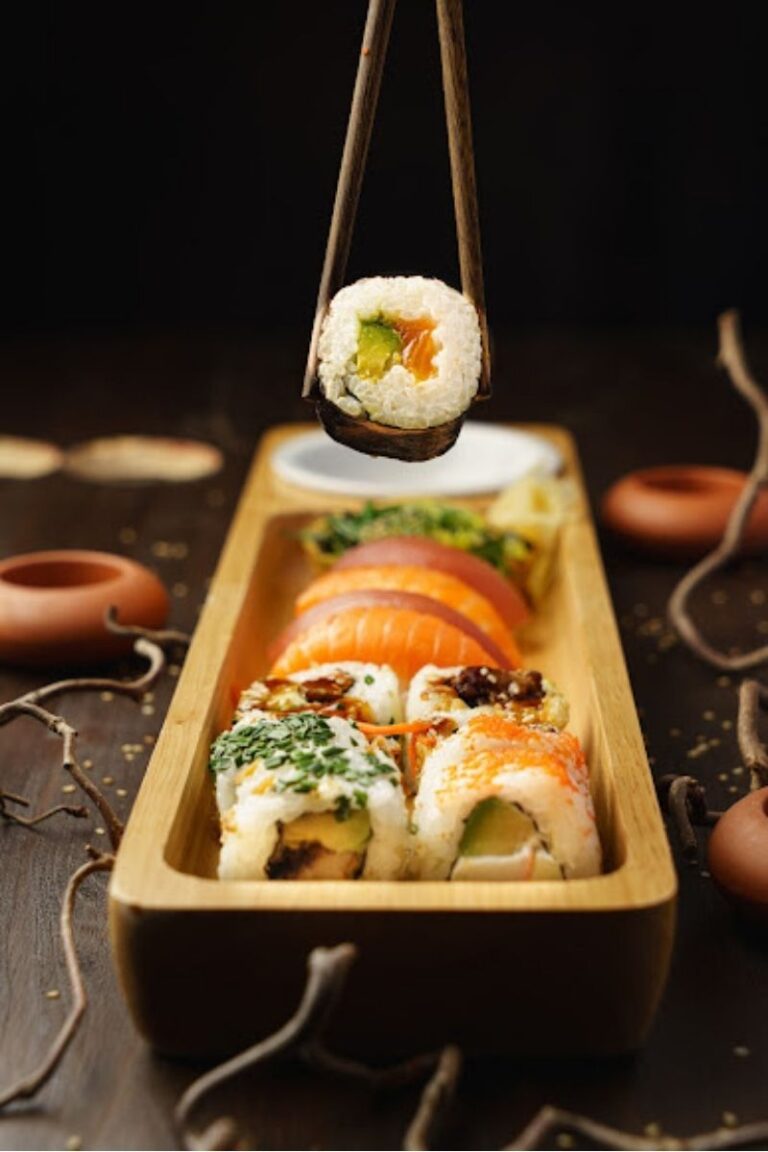
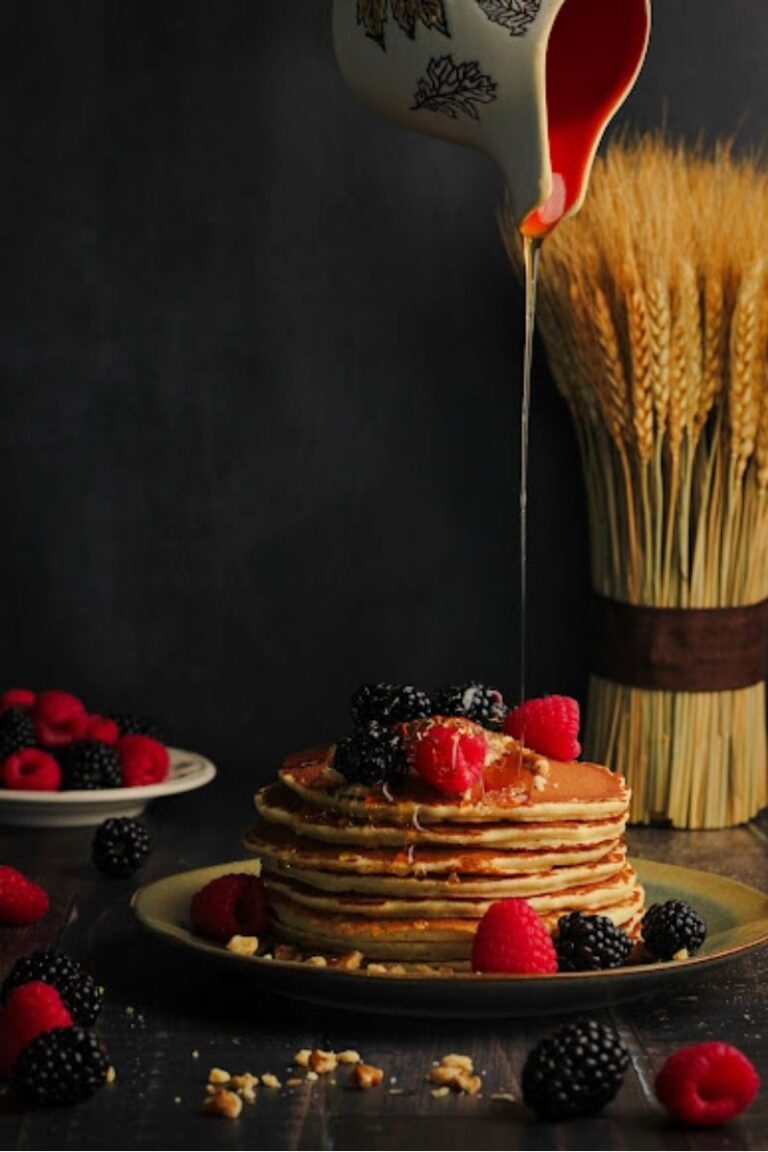
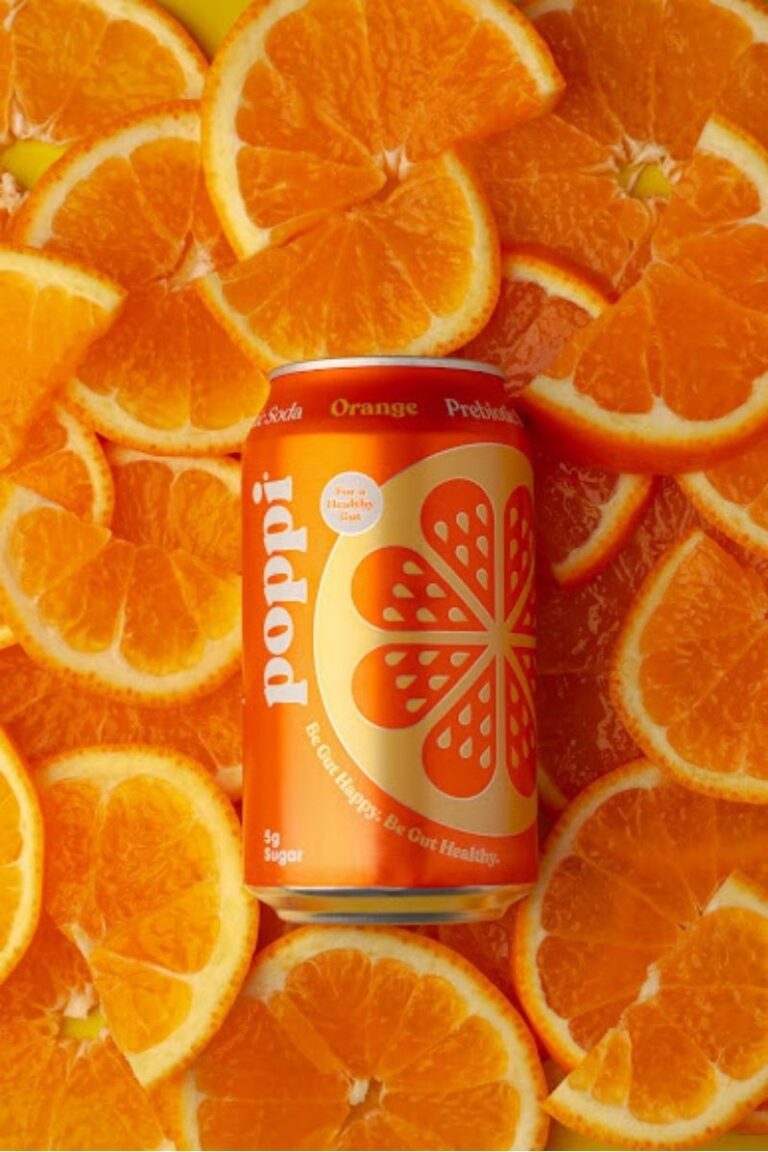
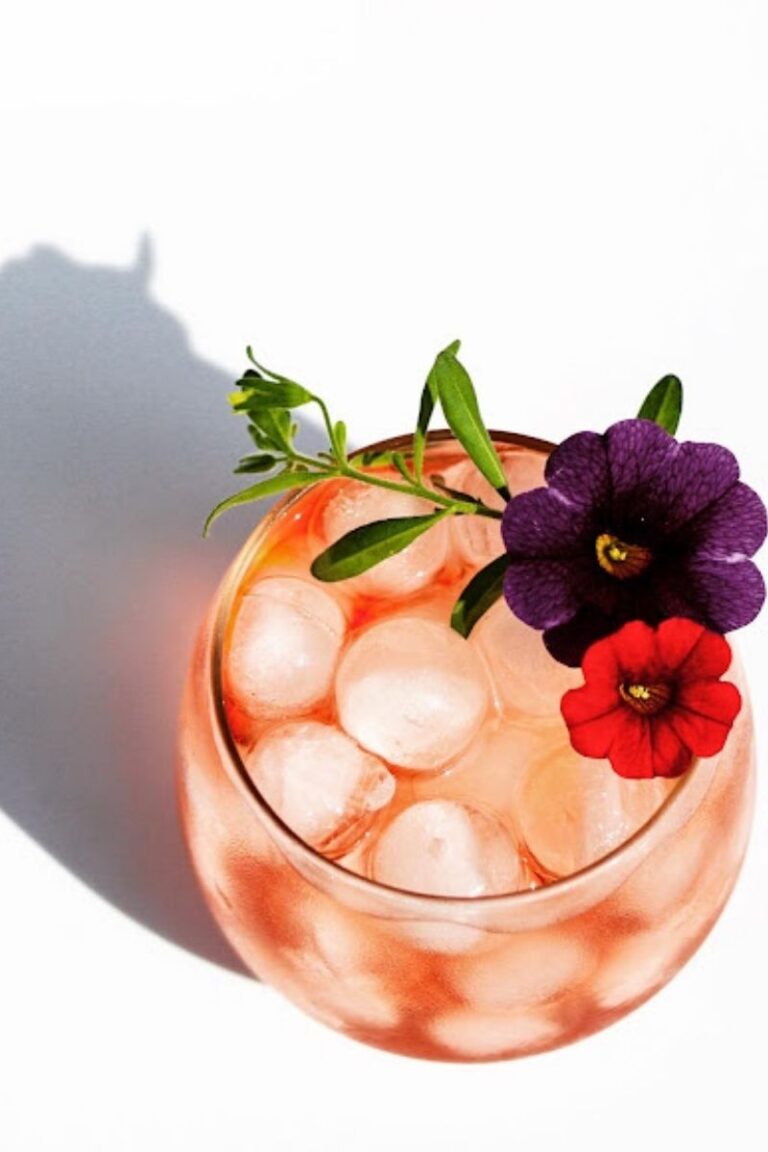
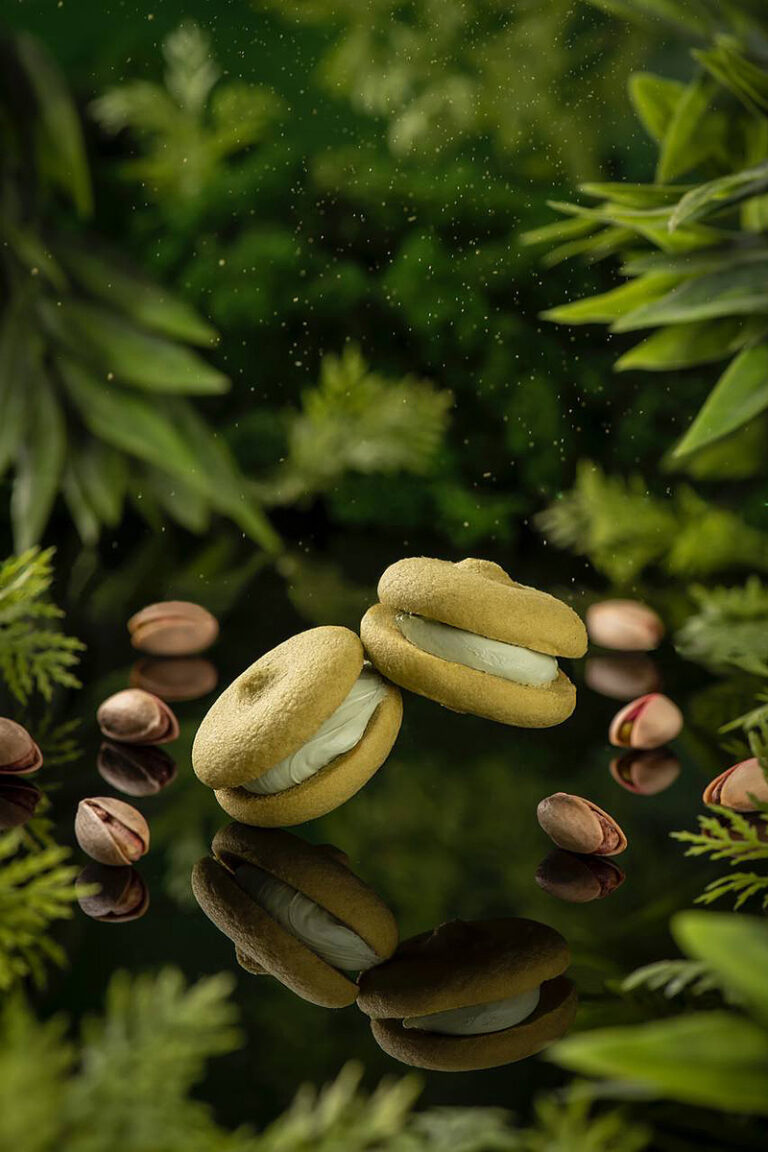

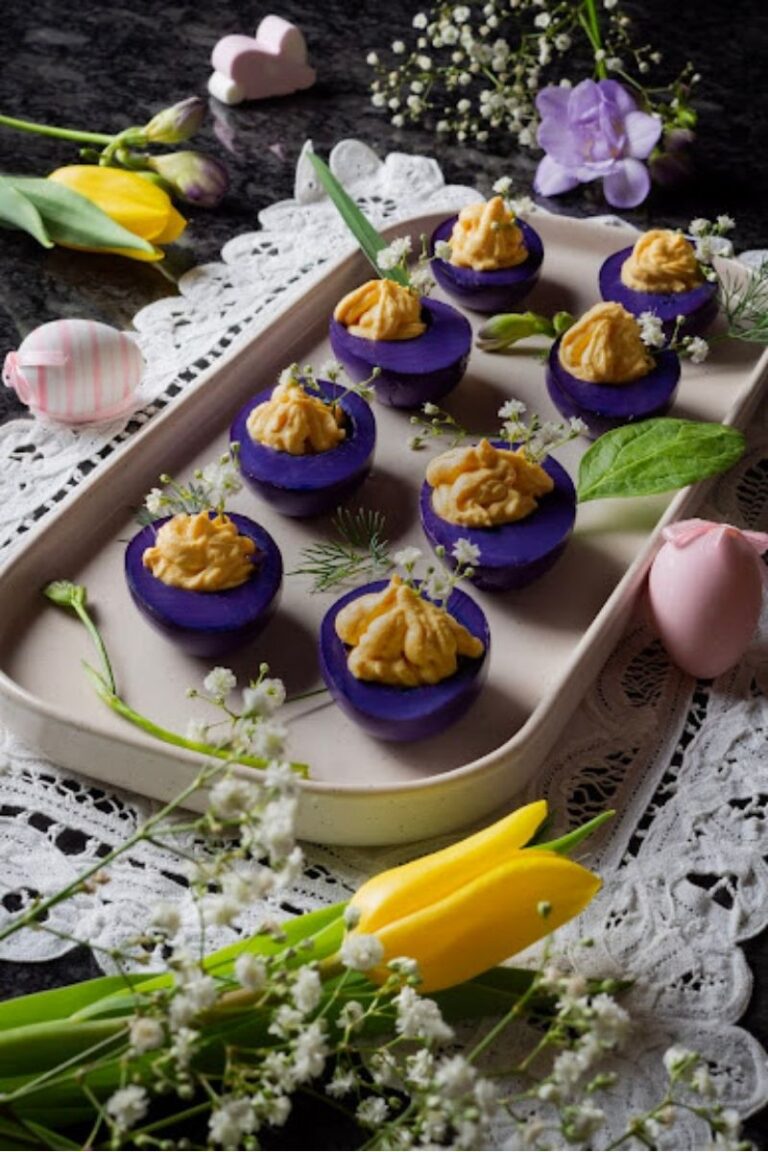
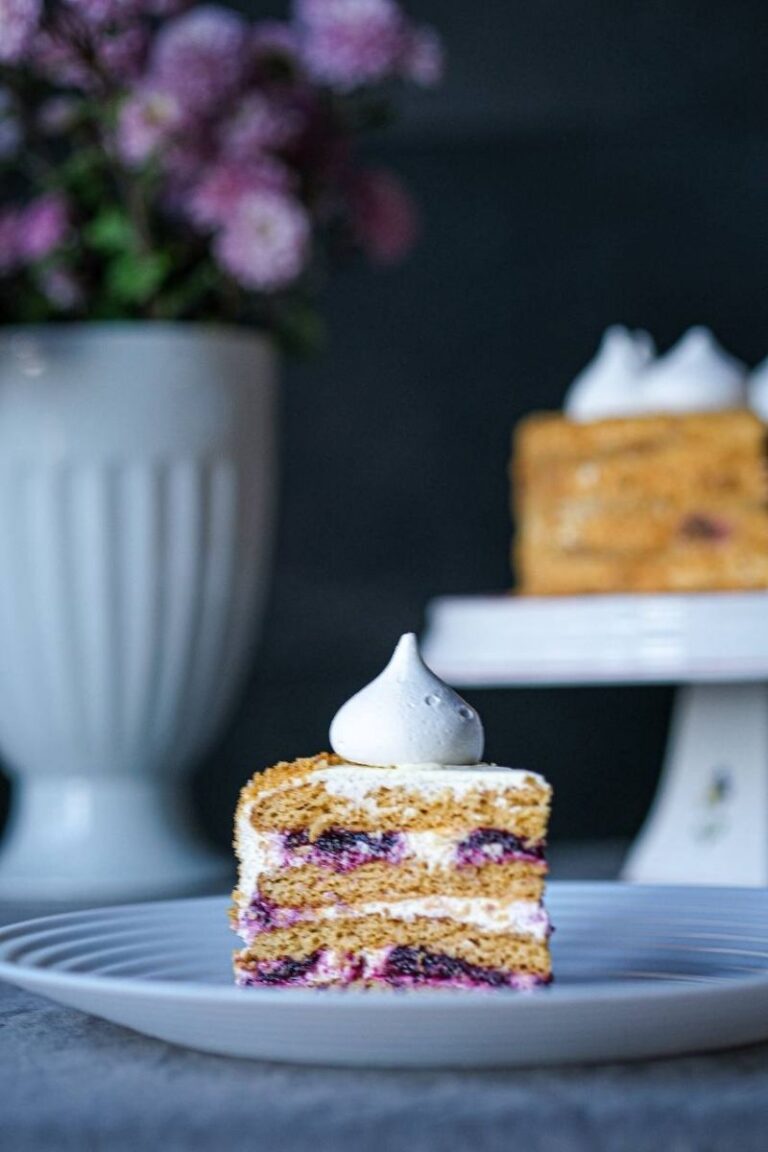
Meet Your Instructor - Alex Slyadnev
Hey, I’m Alex – an award-winning food photographer, author, and founder of the #1 online photo school in Ukraine.
Over the past 15 years, I’ve worked with Michelin-starred restaurants, international brands like Singleton, Jack Daniel’s, and Broil King, and had my work published in Forbes, Saveur, and The New York Times. I’ve photographed legendary chefs like Jordi Cruz Mas, Alvin Leung Jr, and Hideaki Sato – but I didn’t start at the top.
I began with zero experience, a cheap camera, and the dream of doing creative work that actually mattered. Today, I help aspiring photographers turn their passion into profit – without needing fancy gear or years of school.
This course is everything I wish I had when I started: step-by-step guidance, practical assignments, and support every step of the way. It’s not just about photography – it’s about building a career doing what you love.
Let’s get you there
Save 30%
Get the Entire Program
Pay Once for Full Access
585$
545$
Sales are closed
Sign up for the waiting list to be able to join the next wave
85+ on-demand video lessons
Structured, beginner-friendly curriculum
Real-world projects
Access to a private student community
Ongoing expert support
Career support & job opportunities
One full year of access to all course content
PAY MONTHLY
4-Month Subscription
195$
195$
Sales are closed
Sign up for the waiting list to be able to join the next wave
85+ on-demand video lessons
Structured, beginner-friendly curriculum
Real-world projects
Access to a private student community
Ongoing expert support
Career support & job opportunities
One full year of access to all course content
Step-by-Step Training Plan
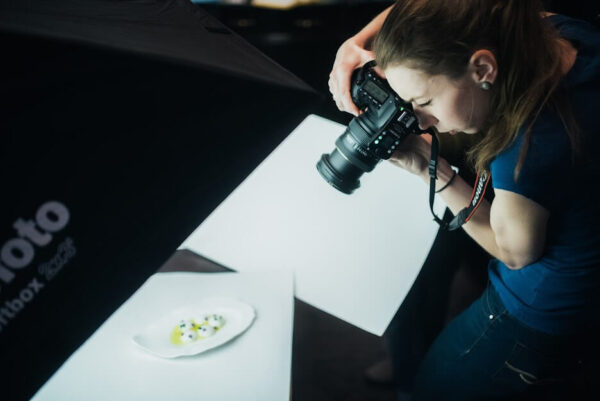
Course Intro: First Step Toward a Career in Food Photography
Great food photos do more than just look good – they make people feel something. They spark hunger, desire, and action.
In this section, you’ll learn the psychology behind powerful visuals, how to craft a shot that grabs attention, and how to use light and composition to tell a delicious story.
You’ll also get a behind-the-scenes look at how commercial food photographers actually make money – and the different ways you can turn your skills into income.
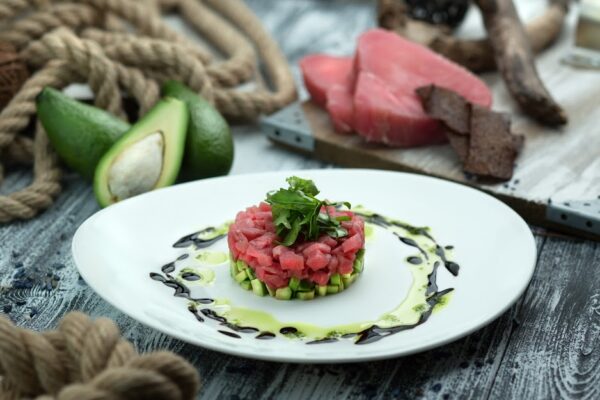
What It Really Means to Be a Food Photographer – And How Much You Can Make
In this section, you’ll get a clear picture of what it actually means to be a food photographer – and how this creative path can become a real source of income.
We’ll break down six lighting setups that help you create scroll-stopping images from the very start, and show you how small composition tweaks can instantly make your photos more powerful and engaging.
By the end of this module, you’ll feel confident about where to begin, what tools to use, and how to move toward real, paid work in food photography.
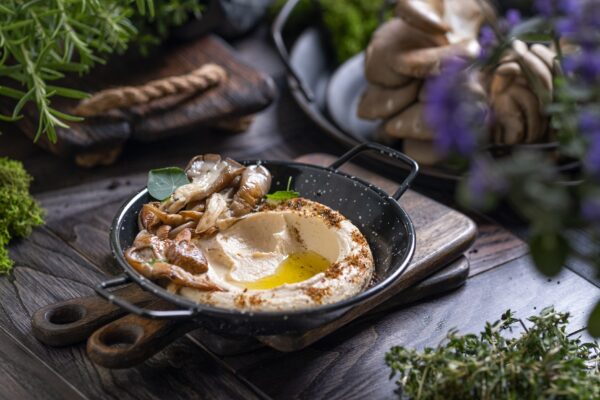
Photo Analysis: Train Your Eye Like a Pro
Want to take better photos? Start by studying the great ones.
In this section, you’ll learn how to analyze images like a professional – using five simple questions that sharpen your eye, improve your sense of composition, and deepen your understanding of light.
By learning to break down what makes an image powerful, you’ll be able to create photos that spark emotion, grab attention, and truly stand out.

Gear Guide: What You Actually Need to Start Food Photography
You don’t need the most expensive setup to shoot great food photos – but you do need the right tools.
In this section, you’ll learn how to choose your first camera, lens, and essential gear to start capturing high-quality images right away.
We’ll also share practical tips on studio lighting, affordable equipment options, and the small tools that make a big difference during a shoot.
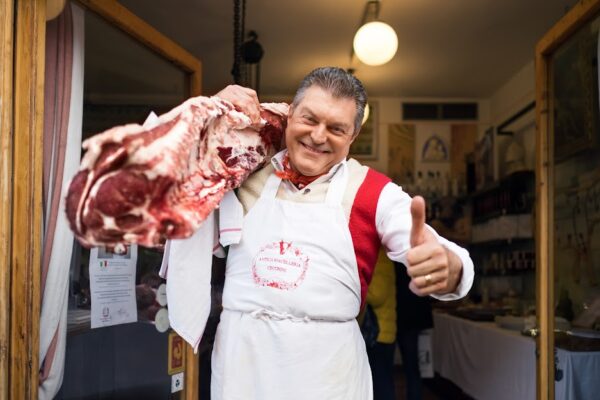
Exposure Essentials: Take Full Control of Your Camera
Learn how to master shutter speed, aperture, and ISO – the three keys to controlling light and creating sharp, vibrant food photos.
This section teaches you how to shoot in manual mode with confidence, so you can experiment freely and get the exact results you want – no auto settings needed.
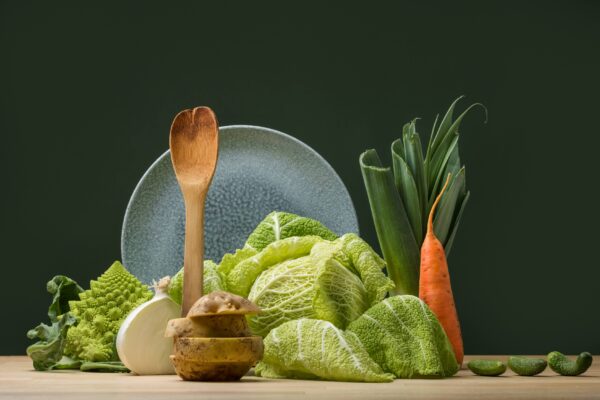
Instagram for Photographers: The Complete Guide
Learn how to create content that gets noticed, attract clients, and build a personal brand that stands out.
This section walks you through how to use Instagram’s tools for reach and engagement, set up targeted ads that actually work, track your results, and turn followers into loyal, paying clients.
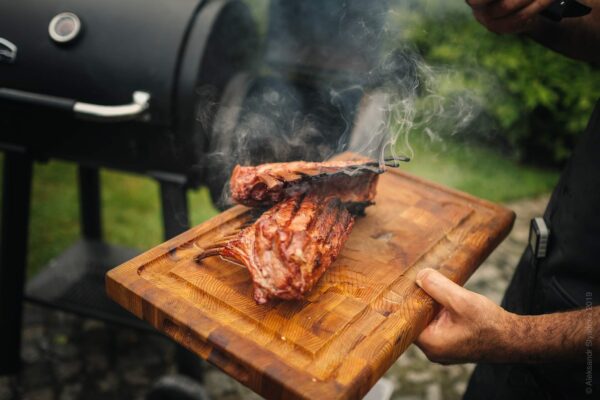
Mastering Natural Light in Food Photography
Natural light can make your photos feel fresh, real, and mouthwatering – if you know how to control it.
In this section, you’ll learn how to work with daylight at any time of day, shape shadows, and add depth and mood to your food photos.
You’ll pick up pro techniques for using reflectors, diffusers, and smart timing – so your images stand out, even with simple setups.
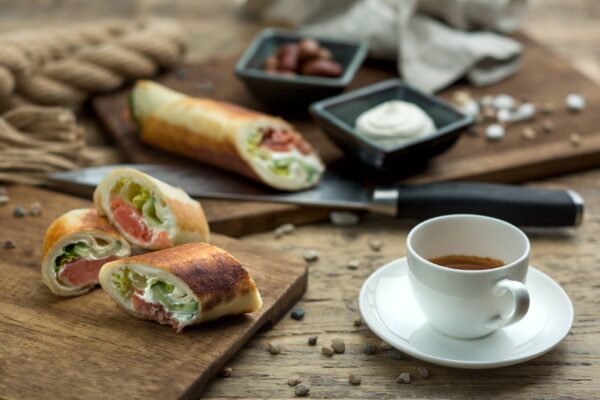
Composition: The Secret Ingredient to Better Food Photos
Learn how to arrange elements in your frame to create harmony, guide the viewer’s eye, and make your photos instantly more engaging.
We’ll break down the classic rules of composition – and show you when (and how) to break them in creative ways that make your work stand out.
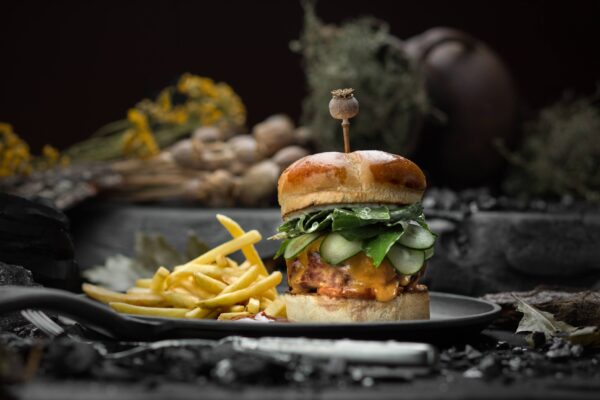
Color in Food Photography: Make Your Images Pop
Color isn’t just decoration – it’s a powerful tool to set the mood, tell a story, and grab attention.
In this section, you’ll learn how to use color intentionally: build palettes, create contrast and harmony, and apply color correction techniques that take your food photos from average to professional.
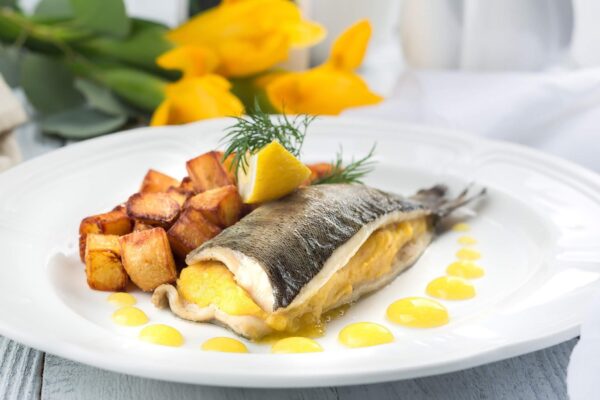
Retouching: Polish Your Photos Like a Pro
Learn how to retouch with intention – keeping your images clean, natural, and true to life.
In this section, you’ll discover how to fix imperfections, enhance skin texture, adjust color and lighting, and create balanced, professional-looking photos without over-editing.
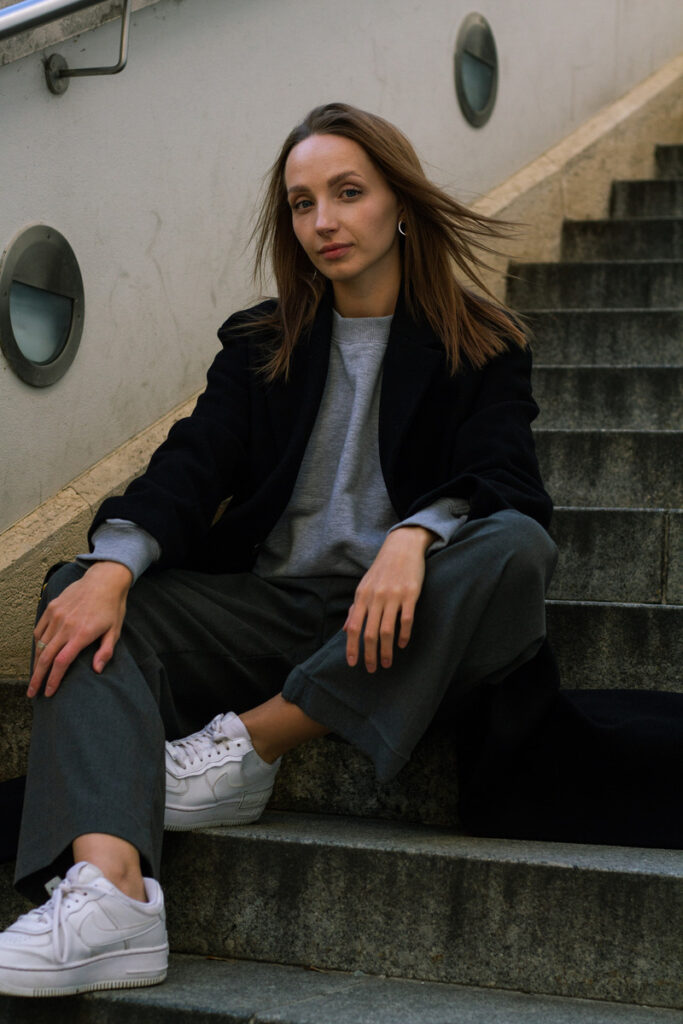
I’m just finishing my second month at the academy – and I’m honestly blown away. This is my second time taking a photography course. The first one (with a different photographer) wasn’t great – they basically taught me how to use the camera, but looking back now, I realize they didn’t teach me much at all.
At first, I couldn’t imagine how online learning could actually work. But now I truly enjoy every part of it – getting answers to my (sometimes silly) questions, hearing inspiring stories from other students, and feeling connected to a creative community.
The recorded lessons are also amazing: short, clear, and super easy to follow – 10 to 15 minutes max. No boring lectures. Just what you need, when you need it.
What I love most is how our mentor brings people together, helps you find your unique voice as a photographer, guides you on what to shoot, which gear to use (yes, even on a budget!), and pushes you to grow without pressure.
I’m truly grateful to be part of this academy – it inspires me, challenges me, and reminds me to never give up
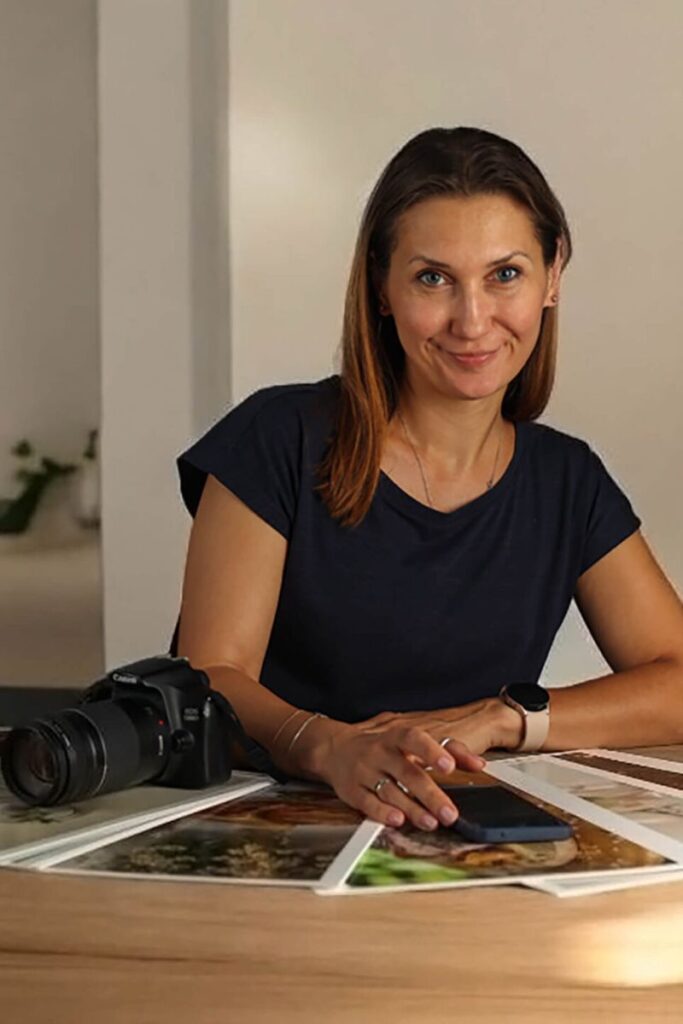
I’ve loved photography for as long as I can remember — I used to shoot everything: portraits, landscapes, still life, just for the joy of creating. But deep down, I always dreamed of mastering food photography.
Joining this academy was the moment everything clicked. It’s not just about learning settings or techniques — it’s about finding your style, your voice, and your people. Being surrounded by passionate, creative minds who share the same love for visual storytelling is incredibly motivating.
For the first time, I feel like I’m not just taking photos — I’m building something real

I joined the Photo Academy to improve visuals for my own business. At first, it felt both challenging and exciting — but soon the learning process became a part of my routine, and even the critiques started to feel like powerful tools for growth.
Somewhere along the way, something shifted. I started thinking… maybe photography isn’t just a skill for my business — maybe it’s something I want to pursue seriously.
Through this program, I’ve learned how to shoot high-quality product photos and create content that actually works. My audience has started noticing too — I’ve received so many compliments on the quality of my visuals.
I now feel confident using my camera, setting up lighting, and styling props with purpose. Beyond the technical side, I’ve also learned how to set clear professional goals and plan my workflow.
And the best part? I landed my first paid shoot while still in the program
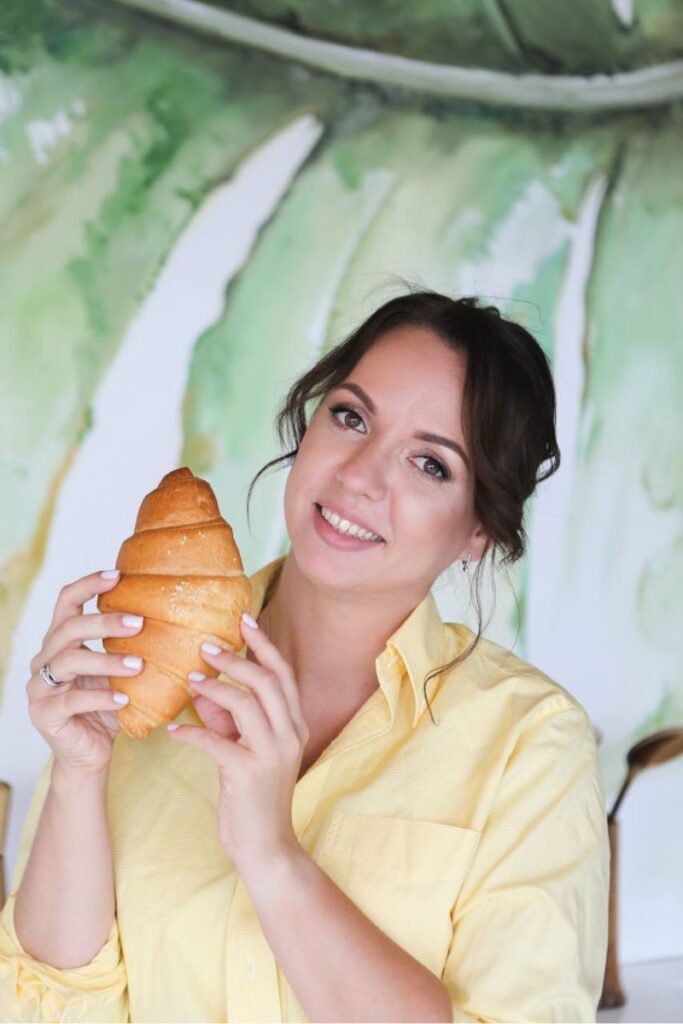
This course truly changed my life – it added flavor, fire, creativity, and ideas I didn’t even know I had. Every assignment felt like a new challenge (in the best way possible).
Honestly, I never enjoyed studying – but something about this academy awakened my inner perfectionist. I’d take a photo, then obsess over every detail… and head back to improve it all over again.
It’s become my favorite kind of addiction. I’m 100% signing up for the advanced course – and the pro one too. I’ve got so many ideas now, I can’t stop.
I’m deeply grateful to the academy – for the skills, the inspiration, and for helping me finally feel like a real photographer. For the first time, I truly believe in myself. And I know I’ve got what it takes
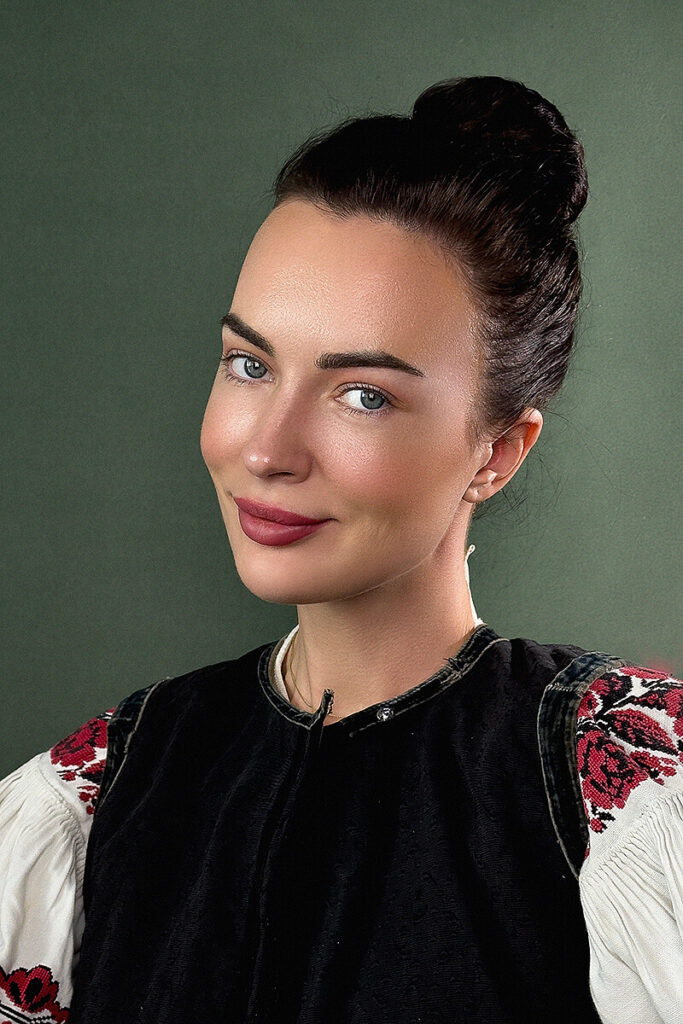
I really love how this course is structured – everything is so clear and organized. The way the information is delivered helped me mentally organize it too. There’s a lot to learn, but it’s all relevant, practical, and immediately useful in real-life projects.
Before, it used to take me hours – sometimes a whole day – just to get one good shot. But once I truly learned how to work with light and understand composition, I started getting great results in just 15 minutes.
Like most beginners, I was terrified of the moment I’d have to offer my services for money. But I’ve learned that it’s not about years of experience or a fancy portfolio – it’s about confidence, communication, and knowing how to handle clients.
That’s exactly what I gained at this academy. Now I confidently call myself a food photographer. I know who to approach, how to pitch myself, and which images to send to get hired. I don’t take rejections personally anymore – I know how to handle them and keep moving forward

